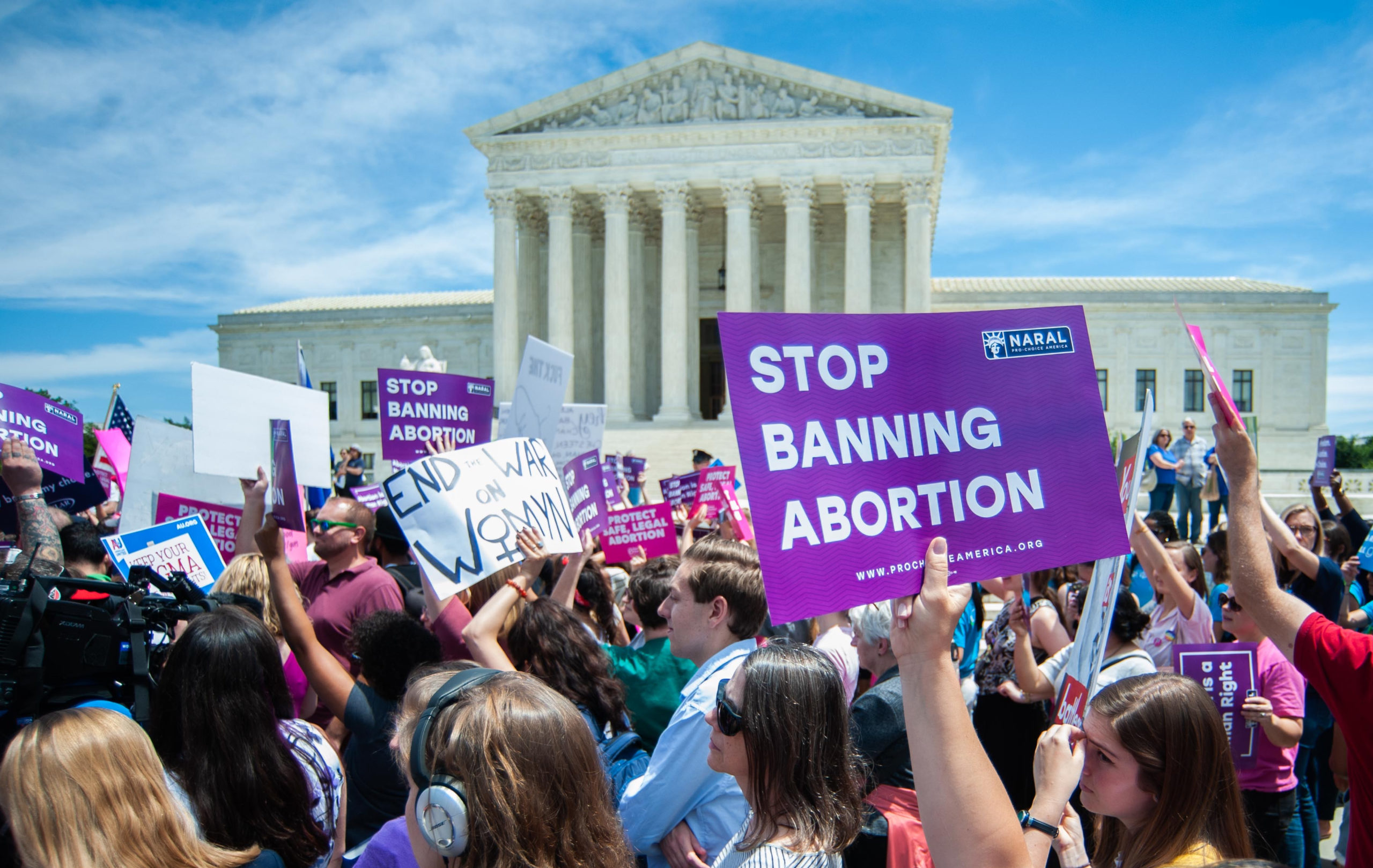Abortion, Pregnancy Loss, and Fetal Personhood
The value of fetal life does not depend on a “pregnant [woman’s] perspective,” any more than a murder victim’s value depends on his killer’s mood.

The headline of a New York Times column last week posed a simple question: "Why Do We Talk About Miscarriage Differently From Abortion?"
To me, and I suspect many of you, the answer was obvious. Miscarriage is involuntary, elective abortion is voluntary. We talk about them differently for the same reason we distinguish choking on a hot dog from being snuffed out by the Boston Strangler. One is an accident, and the other is murder.
To Greer Donley and Jill Wieber Lens, the Times' two guest columnists and co-authors of a forthcoming law review article on "Abortion, Pregnancy Loss, and Subjective Fetal Personhood," the answer was not so obvious.
Donley and Lens argued that, despite our instincts to the contrary, the distinction between elective abortion and miscarriage is "blurry." In fact, our perception that a "bright line" exists between the two is, in part, an illusion created by the anti-abortion movement. As a result, "dueling narratives" have emerged of "'bad' mothers who voluntarily cause fetal death versus 'good' mothers who grieve unpreventable pregnancy loss."
While they do not explain why those "narratives" are false, the authors do say they are "often steeped in harmful stereotypes." "Black and poor women," they claim, "are often blamed or even prosecuted when they miscarry, while white women with economic means are assumed victims of a bodily process outside of their control."
It is supposed to be self-evident to the enlightened reader that such things Disproportionately Impact People of Color. But insisting on the truth for a moment, just how "often" are black women prosecuted for miscarriage in the United States? Has it happened ten times in the past decade? Four times? Once?
In any case, the authors raise the crux of the matter in the succeeding paragraph:
The abortion-rights movement has at times widened the divide between abortion and pregnancy loss by minimizing focus on the fetus, to ensure that the pregnant person’s interest can never be outweighed. That has allowed many in the movement to avoid the difficult question that pregnancy loss raises: What was lost?
The authors realize that most women mourn miscarriage. They also realize that many pro-abortion advocates, in order to maintain the integrity of their argument, insist that the fetus has no value. ("It's just a clump of cells!", &c.)
Donley and Lens claim that pro-abortion activists must "admit that some people become attached to their children in utero and that attachment has value," lest they "look unfeeling and doctrinaire." Pro-abortion advocates can acknowledge the attachment some feel to their unborn children so long as that acknowledgment is grounded "in the pregnant woman’s attachment" to the unborn child rather than a recognition of the child's objective worth.
In this account of fetal personhood, the unborn person's value is contingent on the subjective sense of "attachment" felt by his mother. If mom feels "attached" to you, you have value; if she doesn't, here comes the mifepristone. How many marriages could survive on those terms?
The authors think it is important for pro-abortion advocates to address this issue now since "the anti-abortion movement" has "realized that it could weaponize grief after pregnancy loss" as evidence of "fetal personhood." To the extent that drawing an obvious conclusion counts as "weaponizing," Donley and Lens have a point.
Subscribe Today
Get daily emails in your inbox
They claim that, unlike the pro-life view of unborn life, "subjective fetal value is fundamentally inconsistent with the anti-abortion concept of fetal value, which equates a fertilized egg with a breathing baby from the moment of conception for every pregnancy." Assigning objective value to the fetus, they said, "erases the pregnant person’s perspective." Guilty as charged.
The value of fetal life does not depend on a "pregnant [woman's] perspective," any more than a murder victim's value depends on his killer's mood. Unborn children do not derive their value from their mothers' esteem, and do not magically cease to be human if they are unwanted. There's a sordid history to that type of thinking, if the scholars care to look.
At the end of their article, Donley and Lens challenge the "abortion-rights movement" to talk "about the fetus and the woman together." It sounds good, but you have to wonder about the sustainability of a partnership where one of the two parties can literally be killed if the other stops feeling "attached."
Comments